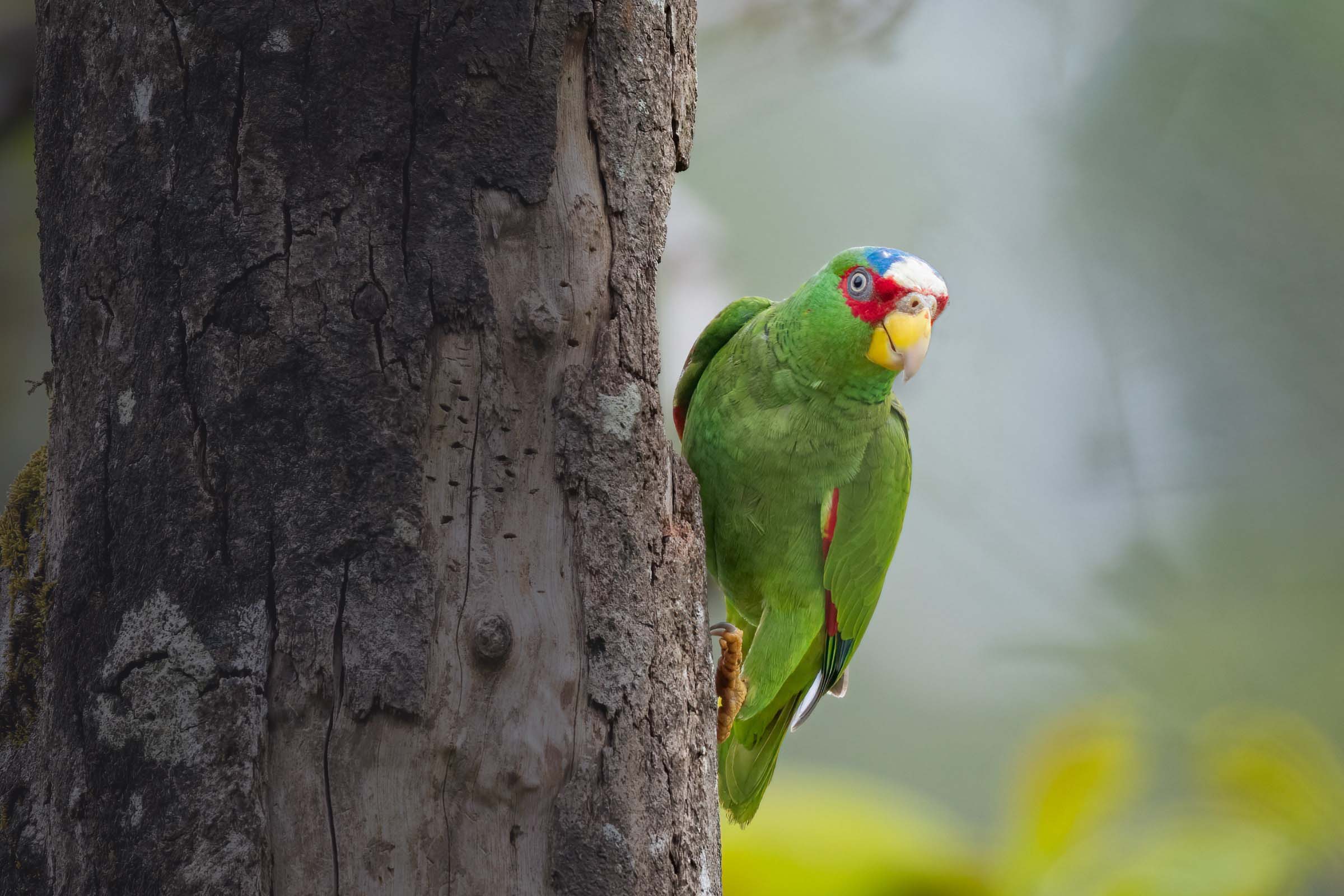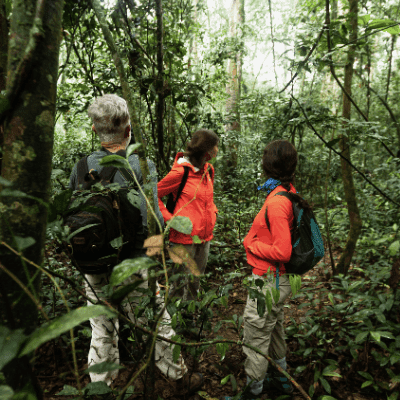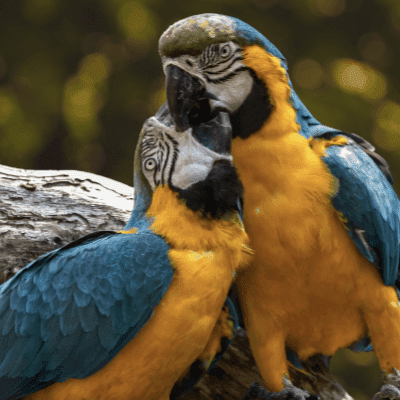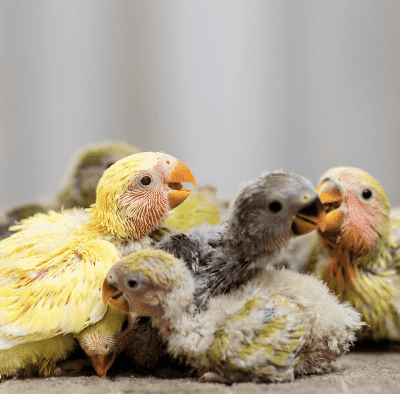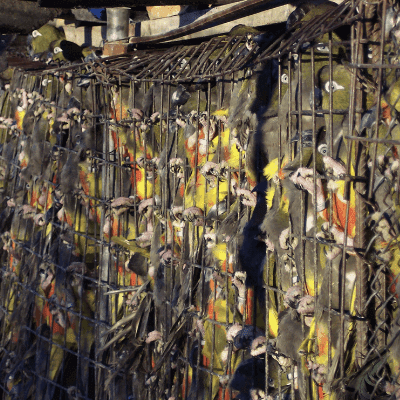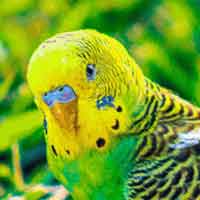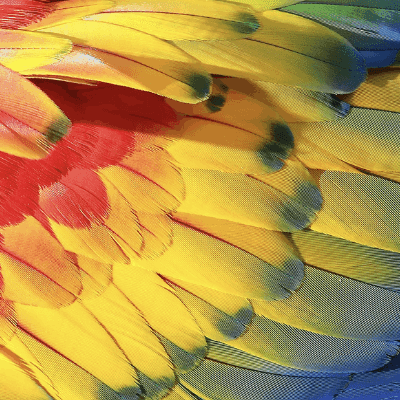Position Statement: Ecotourism
Does WPT support parrot ecotourism? In a word, YES! Because parrots have universal appeal as spectacular and captivating animals they can serve as powerful flagships for conservation. Ecotourism, as a way to showcase spectacular and captivating animals, connects people to parrots and their conservation.
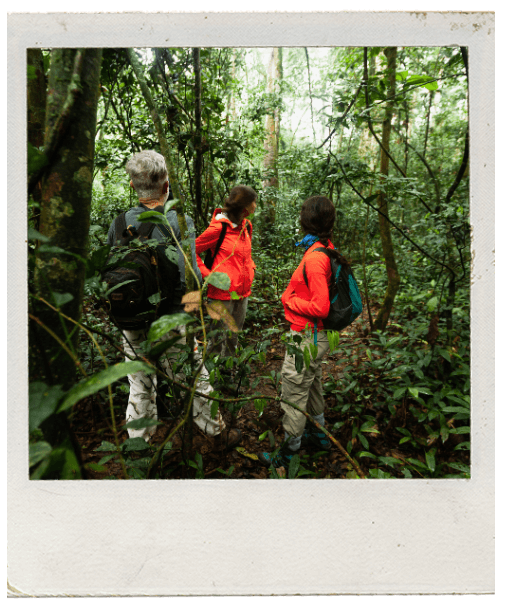
Parrots can serve as powerful flagships for conservation.
The WPT recognises that anyone who has the opportunity and privilege to see parrots in the wild is likely to come home with rekindled enthusiasm for these birds and their conservation. Sometimes this is inspired by seeing how the forests or the birds themselves are treated, sometimes it’s just the awesome spectacle of seeing wild parrots in their natural state, or a bit of both.
Like any enterprise built upon humans getting involved with nature, it is essential to get the details right, otherwise such efforts can do more harm than good. Before booking an ecotourism trip, find out who owns the lodges where you’ll be staying, and the extent to which local communities play a role in ownership, construction, maintenance and staffing of the facilities and related businesses.
Does the company support any conservation initiatives or get involved with advocacy to protect local habitats? Do they support conservation scientists working in their areas and do they rely on science to guide their own activities? Finally, do conservation organizations support and collaborate with the ecotourism company in question?
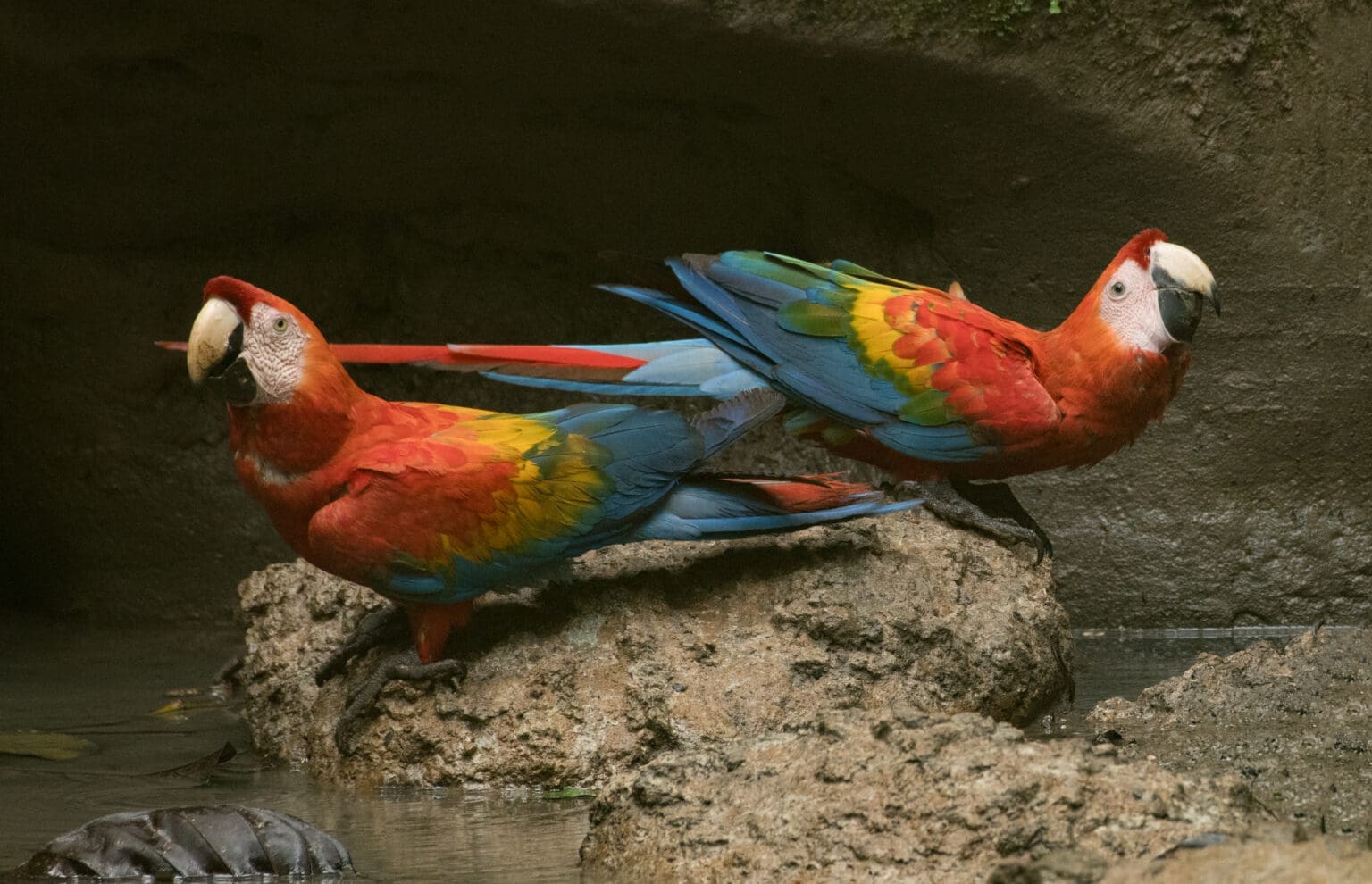
© Corey Raffel
Impacts
There are two other details to bear in mind – the impacts, real and imagined, of tourism. First, the imagined: in recent years, some people have voiced concerns about ecotourism itself having seriously negative impacts on the conservation of the areas visited. It’s easy to understand the concept – loads of tourists tearing up the countryside, destroying habitat, littering, and generally leaving a wake of destruction. In our experience, this is very, very rarely the case, even for the least conscientious of ecotour companies. In general, logging, oil and gas exploration, mining, and grazing and browsing animals like cattle, goats, and pigs have immensely greater impacts than any ecotourists could possibly unleash.
Now to the real impacts – there is no question that ecotourism, especially when it involves international travel, is deeply resource intensive. Generally, such travel involves cars, trains, planes and often boats, most of which burn fossil fuels, all of which release substantial greenhouse gases. We encourage everyone who shares our concerns for the environment to consider such impacts, make a rough estimate of the number of tons of carbon equivalents you’re producing by such travel, and then to offset these emissions by purchasing the equivalent of or more carbon from one of the many organizations which offer such services. This sounds complicated and expensive, but in practice, it is neither – often the cost is comparable to a single meal at the airport itself.
So in sum, ecotourism, while logistically complex, can be an important conservation opportunity, effectively turning parrots’ appeal to humans into meaningful and long-term protection for the birds and their habitats, and creating sustainable livelihoods for local communities. With prior planning and research, taking part in an ecotour can be a rewarding experience for parrots and humans alike.
